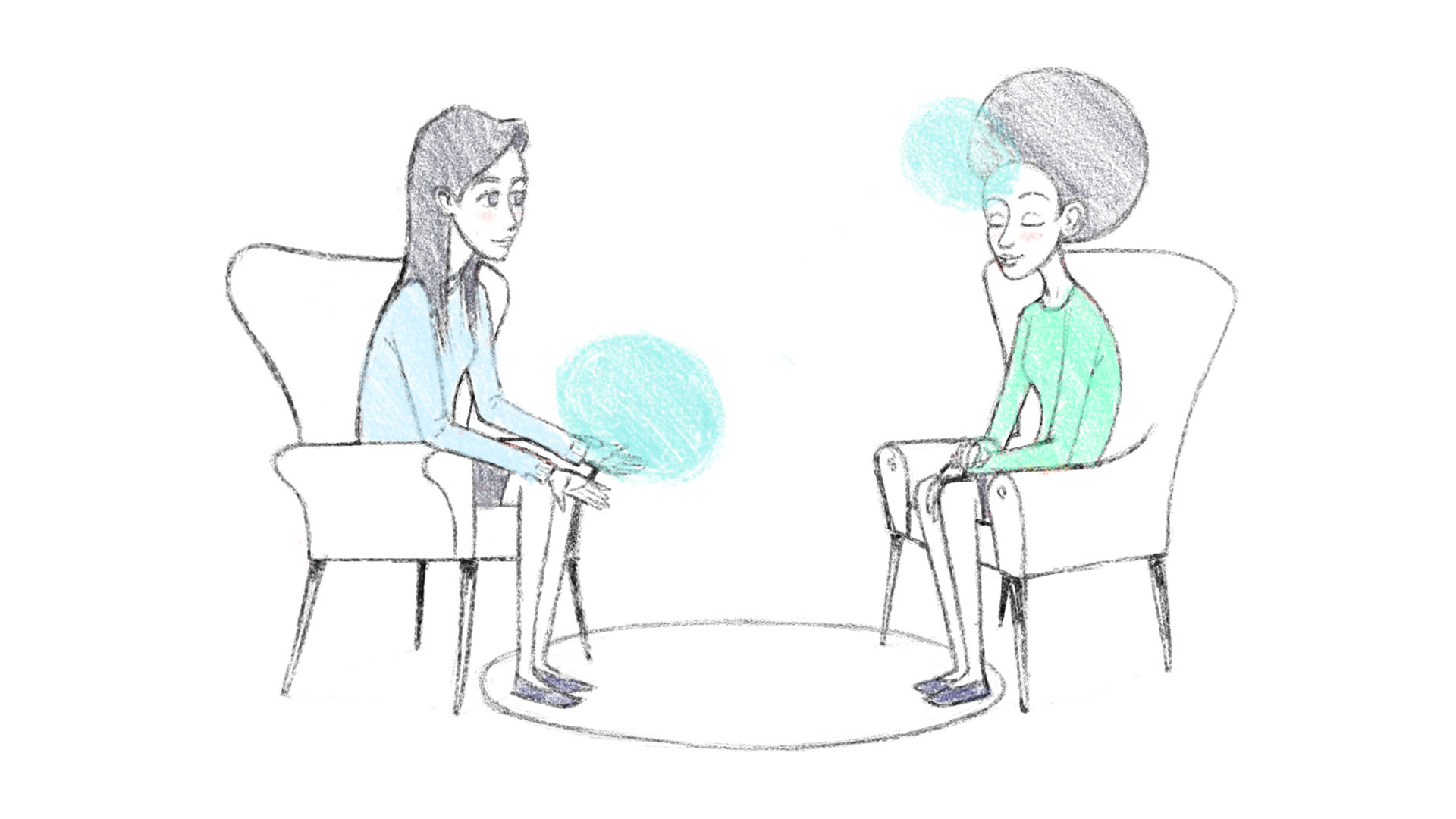In the hustle and bustle of our daily lives, we often push away our emotions, especially the painful ones. We become experts at brushing them aside, convincing ourselves that we’re too busy to deal with them or that they’re not important enough to merit our attention. But the truth is, these feelings don’t just disappear; they linger beneath the surface, waiting to be acknowledged. Counselling provides a safe space to explore these emotions, allowing us to confront them rather than run away.
Why Do We Ignore Our Feelings?
It’s not uncommon to avoid feeling emotions, particularly when they are tied to pain, sadness, anger, or fear. Many of us have been conditioned to believe that showing emotion is a sign of weakness or that expressing feelings is something to be ashamed of. Instead of addressing these emotions head-on, we develop coping mechanisms to suppress them. We might talk quickly, change the subject, or engage in distractions like work, social media, or other activities to avoid truly experiencing our feelings.
But ignoring these feelings doesn’t make them go away. In fact, it often makes them more powerful. Over time, unacknowledged emotions can build up and manifest in other ways, such as anxiety, depression, or physical symptoms. This is where counselling can be incredibly beneficial.
The Role of Counselling in Emotional Exploration
Counselling offers a unique opportunity to slow down and truly feel. It provides a non-judgmental space where you are encouraged to explore your emotions, no matter how uncomfortable or painful they may be. A good therapist will gently guide you to face these emotions rather than push them away.
For instance, during a therapy session, you might find yourself describing your feelings rather than experiencing them. You might talk about how you felt sad or angry in a particular situation, but you might not allow yourself to truly feel that sadness or anger in the moment. A therapist can recognize this and help you to shift from a place of description to a place of feeling.
The Power of Feeling Emotions
Allowing yourself to feel your emotions can be a deeply transformative experience. It can be overwhelming and frightening at first, especially if you’re not used to allowing yourself this kind of vulnerability. However, feeling your emotions is an essential step in the healing process. It’s like pulling out a splinter—there may be some pain, but it’s necessary to allow the wound to heal.
During a session, your therapist might encourage you to sit with your feelings, to notice them, and to explore where they are coming from. This can bring up intense emotions, like it did for me in a recent therapy session. As I tried to speed through my words, my therapist stopped me and asked me to simply feel. In that moment, a floodgate opened, and I broke down into tears, barely able to catch my breath. It was a moment of release, a moment of confronting what I had been trying so hard to avoid.
Why Feeling is Important
Feeling our emotions rather than pushing them away allows us to understand ourselves better. It can help us to identify patterns in our behaviour, understand our triggers, and ultimately develop healthier coping mechanisms. When we avoid feeling our emotions, we deny ourselves the opportunity to learn and grow from our experiences.
Moreover, feeling our emotions can lead to a greater sense of self-compassion and empathy. When we allow ourselves to feel, we also allow ourselves to heal. We acknowledge that it’s okay to feel pain, to cry, to be angry. These emotions are all part of the human experience, and acknowledging them can be a powerful step towards self-acceptance.
Counselling as a Path to Healing
Counselling isn’t about fixing you; it’s about helping you understand yourself better. It’s about providing a space where you can explore your feelings, learn from them, and ultimately find a path towards healing. It’s about giving yourself permission to feel and to be human.
In a world that often encourages us to hide our emotions, counselling offers a space to embrace them. It reminds us that it’s okay to not be okay, and that feeling our emotions, even the painful ones, is a crucial part of living a full, authentic life. So, if you find yourself pushing your feelings away, consider giving yourself the gift of counselling. It might just be the first step towards truly understanding yourself and finding peace within.

